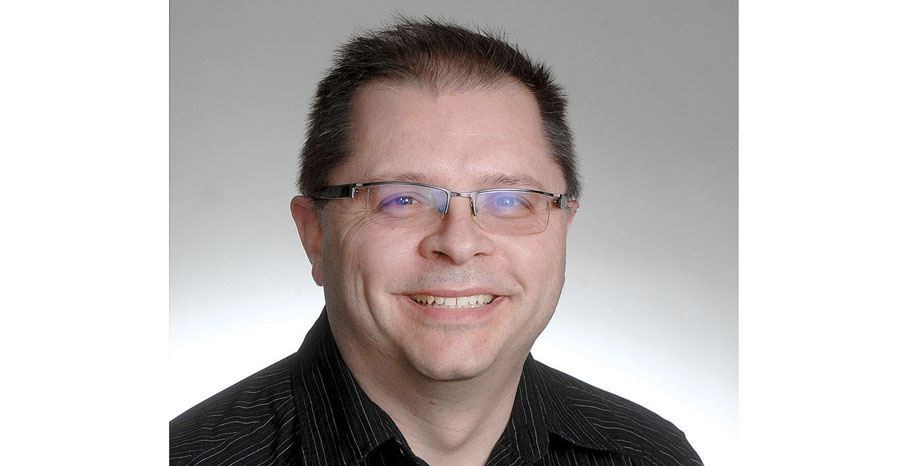During the warm sunny days, while having a good time with friends and family, that's the time to talk about dying.
It's best to ask the tough questions and have the hard conversations with loved ones about the inevitable ending of the story of our lives under the safe umbrella of just coming together to enjoy each other's company. That's the right time and place to talk about what should happen on those occasions when everyone comes together not to celebrate but to join a grim vigil for the seriously ill or dying.
Instead of waiting for the crisis sure to come before deciding what to do for each other, those choices should be made in better times, when the reality that our days have always been numbered is an abstract concept and we see ourselves and those dear to us under that warm sunlight.
The federal government's passing of an assisted dying bill late last week gives Canadians some aspects of control to work with health-care professionals to end their suffering as they see fit. What the law doesn't do, however, is inform Canadians how they should live with debilitating, life-threatening illness or offer broader guidance to the medical community on how they should help their patients better do that.
There is now a law for quality of death, which demands an ongoing conversation on providing quality of life for the dying.
Unfortunately, doctors are ill-prepared to aid in this discussion. By the very nature of their profession, they focus on patients, not individual people and their specific situations. They are trained to take action, to find solutions to illness. To follow their sacred obligation to do no harm means to provide a quality of care, which isn't always compatible with quality of life. For most doctors, living with dignity in the final days and hours looks too much like giving up, a perspective often adopted by both the dying and those near them.
These decisions and the responsibility to make them should not fall on doctors, anyhow. That's why those prior talks with friends and family, long before the crisis arrives, are so important. Doctors can be trusted to treat the body but we should trust our loved ones with taking care of our souls when our time has come.
Medical suicide is the last treatment option. What needs to occur now is the development of further palliative care options with the goal of making doctor-assisted dying unnecessary in all but the worst cases. The choices for sick and dying Canadians, as well as their families, shouldn't be just about how to die with dignity but how to live the final days with dignity, too.
So much planning goes into weddings, births, anniversaries and birthdays, showing appreciation for the important companions on our journey through life but so little preparation goes into those last steps, when companionship is needed the most, both for the dying and for those who will be left behind.
It's not as hard as it sounds. What's important in times of good health shouldn't vanish when illness arrives. If anything, personal priorities become even more important. For example, the private person values their privacy as much in their dying days as in the prime of their life. Surrounding that person with visitors day and night will just add to their anguish.
That goes not just for personalities but for life's pleasures, guilty or otherwise. Denying the dying a cigarette or wine or coffee because of the negative side effects is ridiculous. If sitting up to hold a grandchild's hand or share fond memories with a spouse requires additional pain meds, so what?
Abandoning caring for the physical health of the dying for one more joyful indulgence is not just for the dying but for the living, as well. Studies have shown that depression and other mental health issues are more common and more serious in the months after death for those friends and family who fought to the bitter end to save their loved one. In the aftermath, they come to the tragic realization that they contributed to the agony of their dearly departed, pushing to try one more drug, one more surgery, regardless of the odds. Instead of making the last days more peaceful, they made them more painful because they couldn't bear to see them go.
Remembering who they were, what they liked and what they didn't on those warm sunny days will help avoid such haunting regret. Talking about it would be even better because the result is a pact to care for one another with respect and courage to the very end, whatever and whenever the moment arrives.
That kind of love and friendship is what makes life worth living.



